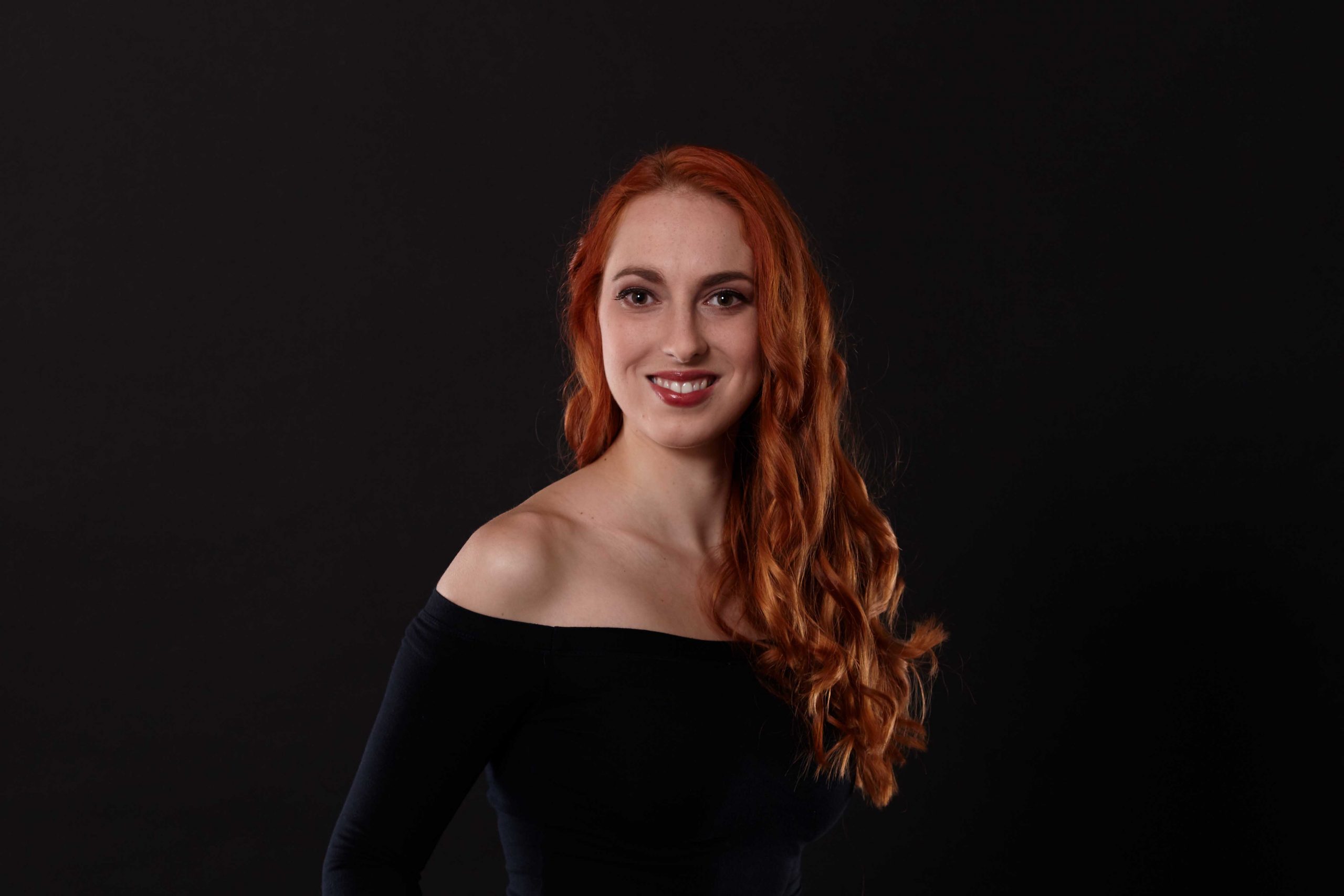
Eliska Zlamalova's research seeks to understand a group of rare inherited disorders that cause weakness and stiffness in the leg muscles.
I am trying to understand the pathological mechanisms that lead to certain mutations making patients’ neurons degenerate.
Eliska Zlamalova
Eliska Zlamalova’s research combines neuroscience and molecular genetics as she seeks to understand the cause of a progressive genetic disorder which causes paralysis of the lower limbs.
At the University of Cambridge’s Institute for Medical Research, she is working on a project looking into hereditary spastic paraplegia, a general term for a group of rare inherited disorders that cause weakness and stiffness in the leg muscles. HSP is a progressive genetic disease that causes nerve and spine degeneration resulting in patients not being able to move their legs. Eliska has been using human stem cell derived neurons to study how nerve degeneration works. “I am trying to understand the pathological mechanisms that lead to certain mutations making patients’ neurons degenerate,” she says.
Childhood
Eliska [2017] was born in Prague. Her parents were both pharmacists. As a child, Eliska was always interested in biology, in both understanding and observing animals, humans and plants. Her mother encouraged her a lot, asking her to name plants and taking her to the zoo. At secondary school, she joined a synchronised swimming team and took part in competitions.
When she was at school she loved horse riding. This led her to volunteer to take part in hypotherapy with sick and disabled children.
She recalls one child with severe epilepsy who had seizures every week and was mostly confined to a wheelchair. “It was exhausting. He had cognitive dysfunction due to the seizures and was not able to speak. Putting him on a horse forced him to move muscles he would otherwise not have and he was excited to be with the other children and animals. After a week he could walk. It was both a physical and emotional thing,” said Eliska.
In her last year of secondary school she met people who were applying to study abroad. That encouraged her to apply to UK universities as well as Czech ones. She wanted to study molecular and medical biology and opted for Edinburgh because of its reputation for medical research.
Early research
Eliska was interested in research early and through her chemistry teacher she managed to work on her first research project in a chemistry laboratory of the Technical University in Prague in her last one and a half years at school. She worked on a biochemical project on prenatal exposure to methamphetamine in rats.
At Edinburgh, where she had a grant from the Kellner Foundation and worked part time to finance her studies, she was keen to continue her interest in research and did a student project in her first year before starting working in a plant laboratory in her second year. There she worked on plant seed development and genetics, specifically endosperm in cereal.
In her third year, she did a two-semester exchange to Australia where she worked in a laboratory at the University of Adelaide as a research assistant while studying which helped to increase her range of experience. The projects she worked on included one on plant-based methylation. She also worked on genotyping a moth pest which had developed resistance to pesticides and was affecting cabbage-like vegetation. She says: “The experience made me appreciate the wide applicability of molecular genetics with potential to impact agriculture, industry and medicine.”
On her return to Edinburgh, Eliska worked in the laboratory full time and focused her thesis on molecular genetics, looking at mitotic arrest in yeast cells and investigating the signalling pathway which tells cells not to develop if chromosomes are misaligned.
Cambridge
Eliska applied to do her master’s at the University of Cambridge where she wanted to combine her research in molecular genetics with a growing interest in neuroscience.
She moved from her master’s to a rotational four-year PhD combined with an extra master’s. She is continuing her research on spastic paraplegias at the Cambridge Institute for Medical Research. She says: “I want to pursue my long-term interest in neuroscience and human neuropathies. I aim to advance the understanding of spastic paraplegias which would enable their treatment in the future.”
She adds that she would not have been able to continue her studies without the Gates Cambridge Scholarship.

Eliska Zlamalova
- Alumni
- Czech Republic
- 2016 MPhil Biological Science (Genetics)
2017 PhD Medical Science (CIMR 4yrs Programme) - Darwin College
Already as a school student in my hometown, Prague, I was fascinated by the ability of biological sciences to describe and even alter processes creating life itself. Moreover, I volunteered as a horse riding therapist for disabled children and witnessed their families investing hopes into scientific discoveries that could treat their children. This made me realise how powerful science is and motivated me to help others via scientific advancement. During my BSc at the University of Edinburgh I developed an interest in genetics and molecular biology. I was captivated by the speeding progress of this young field. I participated in diverse genetics research projects and spent two semesters at the University of Adelaide in Australia. These experiences enabled me to view the field from several perspectives and appreciate the wide applicability of molecular genetics with potential to impact agriculture, industry and medicine. During my MPhil at the University of Cambridge I studied axonal endoplasmic reticulum and the implications of its defects for the neurodegenerative disease, hereditary spastic paraplegia. I will continue investigating spastic paraplegias for my PhD in Cambridge Institute for Medical Research and hence pursue my long-term interest in neuroscience and human neuropathies. I aim to advance the understanding of spastic paraplegias which would enable their treatment in the future. I am honoured to do so as a member of the Gates Cambridge community.
Previous Education
The University of Edinburgh
University of Cambridge












